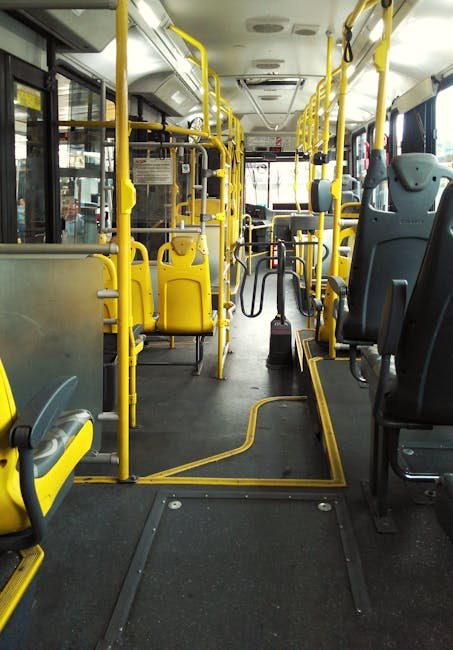Understanding the EU261 Reform and Its Implications
Recent discussions surrounding the EU261 reform have raised significant concerns among European airlines. The proposed changes could potentially double the costs associated with passenger compensation, leading to an increase in airfare that may jeopardize affordable travel options for millions of Europeans.
The Background of EU261
EU261 is a regulation that provides passengers with rights in the event of flight delays, cancellations, or denied boarding. Initially introduced to enhance consumer protection, this regulation has been a cornerstone of air travel in Europe. However, as airlines are now warning, revisions to this legislation could have far-reaching effects.
What the Airlines Are Saying
Airlines across Europe are expressing their apprehensions regarding the proposed reforms. They argue that the financial burden of increased compensation payouts could lead to a steep rise in operational costs. In fact, some estimates suggest that these changes could double the costs incurred by airlines annually.
The Ripple Effect on Airfares
If these proposed reforms are implemented, passengers could see a significant increase in ticket prices. Airlines have indicated that to maintain profitability, they would likely pass on these costs to consumers, resulting in higher airfares. This change could make air travel less accessible for many, particularly for budget-conscious travelers who rely on affordable flight options.
Connectivity at Risk
Another pressing concern highlighted by the airlines is the potential loss of connectivity across Europe. Higher operating costs may lead airlines to reduce routes or limit service to less profitable destinations, which could impact travel for millions who depend on these connections.
Potential Outcomes
The ramifications of the EU261 reform are still unfolding, and stakeholders are keenly observing the developments. While the intention behind the reform is to enhance passenger rights, there is a delicate balance that needs to be maintained to ensure that air travel remains affordable and accessible.
Conclusion
As discussions continue, the future of air travel in Europe hangs in the balance. The implications of the EU261 reform could significantly influence not just airfare but also the overall travel experience for millions. Stakeholders from all sectors will need to engage in constructive dialogue to navigate these changes effectively, ensuring that passenger rights are upheld while maintaining the affordability and accessibility of air travel.









